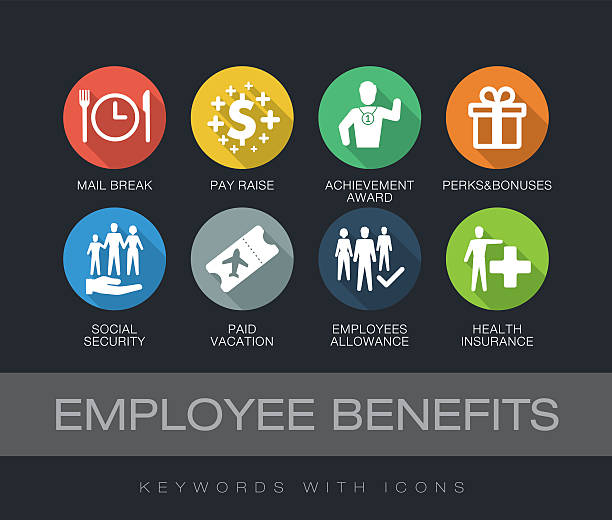
Employee Benefits: Beyond Salary
In today’s competitive job market, attracting and retaining top talent is more important than ever. While a competitive salary has always been a key factor in drawing in potential employees, there is a growing recognition that compensation is not the only consideration. To truly stand out as an employer of choice, companies are now delving into the world of employee benefits, understanding the impact they have on employee satisfaction and retention.
Health insurance is often one of the most sought-after benefits for employees. As the cost of medical care continues to rise, having access to quality healthcare coverage is not only essential for employees’ well-being but also provides them with peace of mind. By offering comprehensive health insurance plans, employers not only attract potential candidates, but they also show their commitment to their employees’ overall welfare. This can lead to higher job satisfaction, reduced stress, and increased loyalty among employees.
Retirement plans are another valuable benefit that has a significant impact on employee satisfaction and retention. Saving for retirement is a priority for many individuals, and a well-structured retirement plan can greatly assist employees in achieving their financial goals. Employers that offer retirement plans, such as pensions, demonstrate a long-term commitment to their employees’ financial well-being. This can foster a sense of loyalty and dedication among employees, as they feel supported in building a secure future.
Wellness programs are gaining traction as sought-after benefits in the modern workplace. These programs range from on-site gyms and fitness classes to mental health resources and stress management workshops. By providing employees with the tools and resources to maintain a healthy work-life balance, employers not only improve employee satisfaction but also productivity. Employees who feel supported in their physical and mental well-being are more likely to be engaged, motivated, and dedicated to their work.
Flexible work arrangements have become increasingly popular in recent years, especially with the rise of remote work. Giving employees the option to work remotely, have flexible working hours, or work part-time can have a significant impact on their overall job satisfaction. Employees who have the flexibility to balance their personal and professional lives are more likely to feel valued and experience higher job satisfaction, leading to increased retention rates.
Other employee benefits, such as paid time off, parental leave, and educational opportunities, also contribute to employee satisfaction and retention. These benefits recognize employees’ individual needs and provide them with the support necessary to succeed both personally and professionally. Companies that invest in their employees’ growth and well-being foster a positive work environment and promote loyalty among their workforce.
In conclusion, while a competitive salary remains important, employee benefits play a crucial role in attracting and retaining talent in today’s job market. Health insurance, retirement plans, wellness programs, flexible work arrangements, and other perks contribute to employee satisfaction and demonstrate an employer’s commitment to their employees’ overall well-being. By offering a comprehensive array of benefits, companies can differentiate themselves and become employers of choice, resulting in a happier and more dedicated workforce.
By Ashlene Moyo



